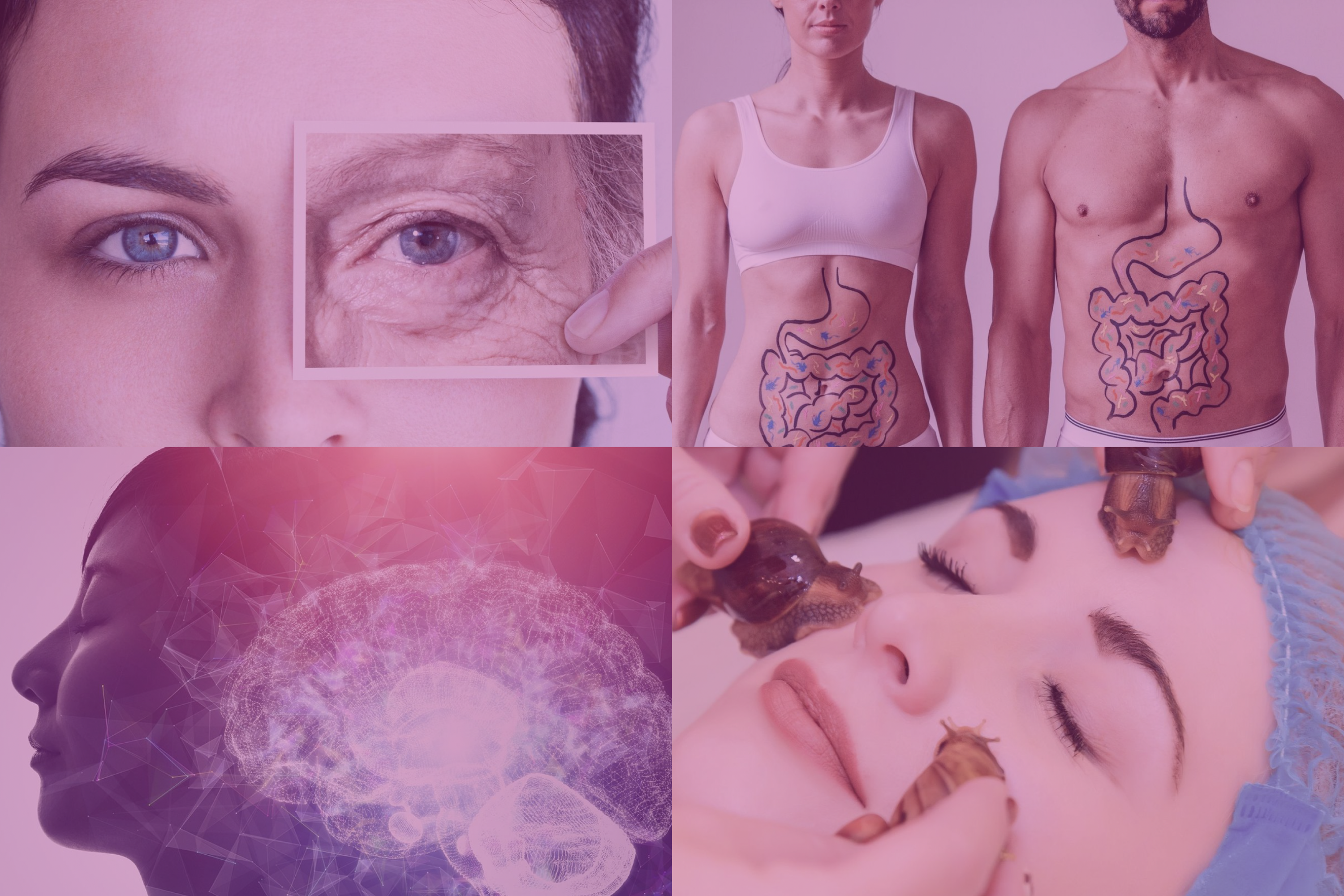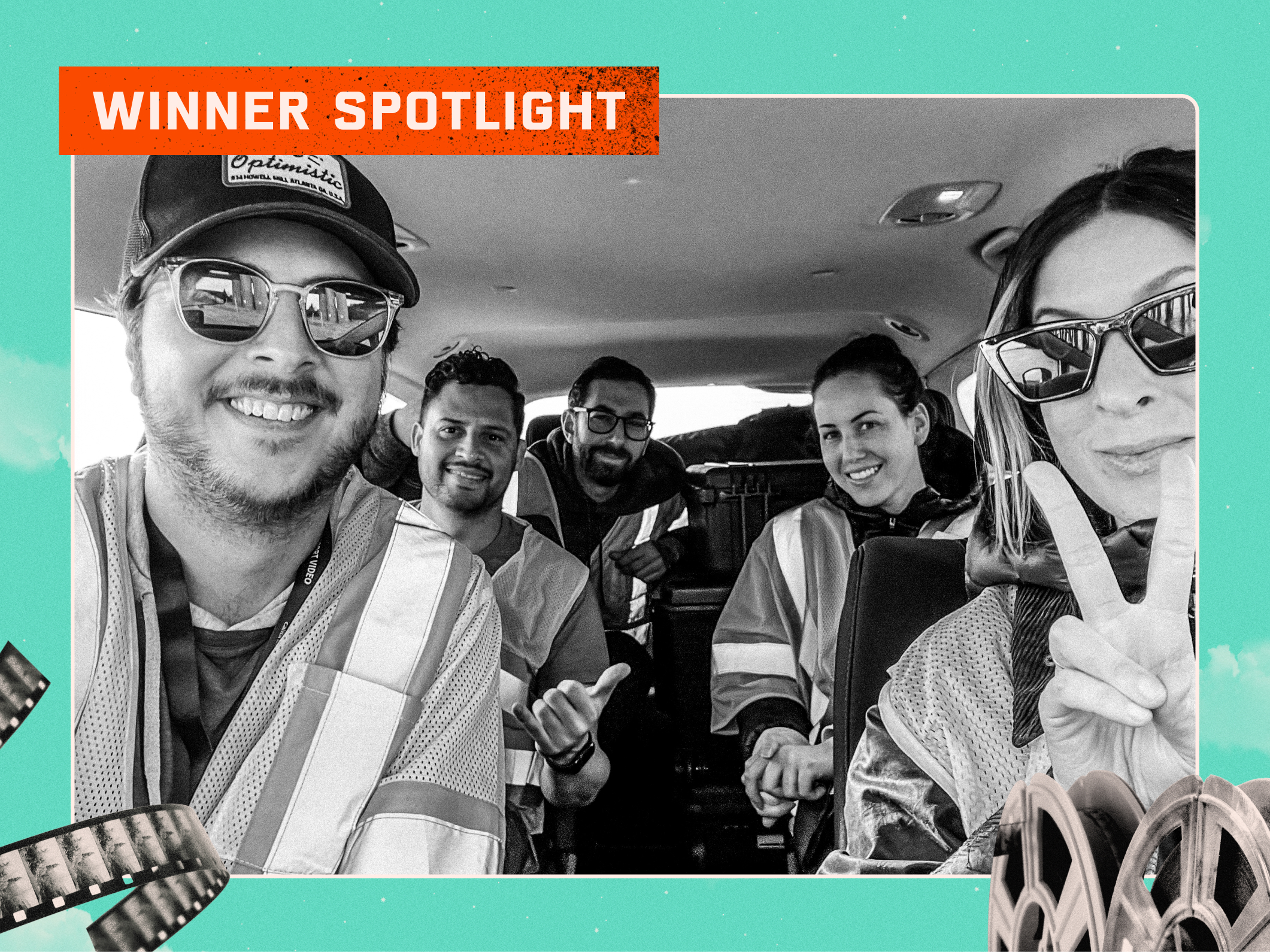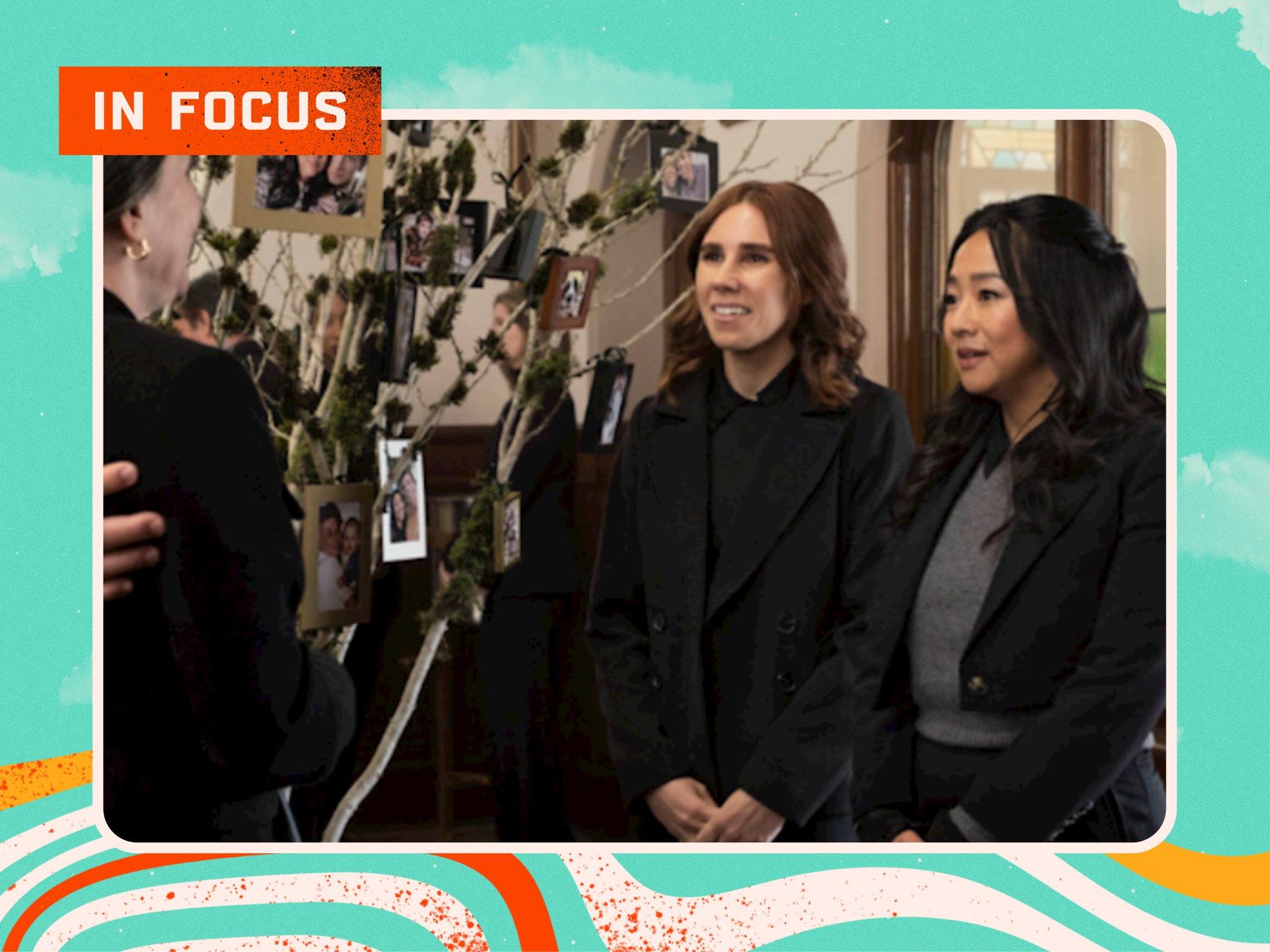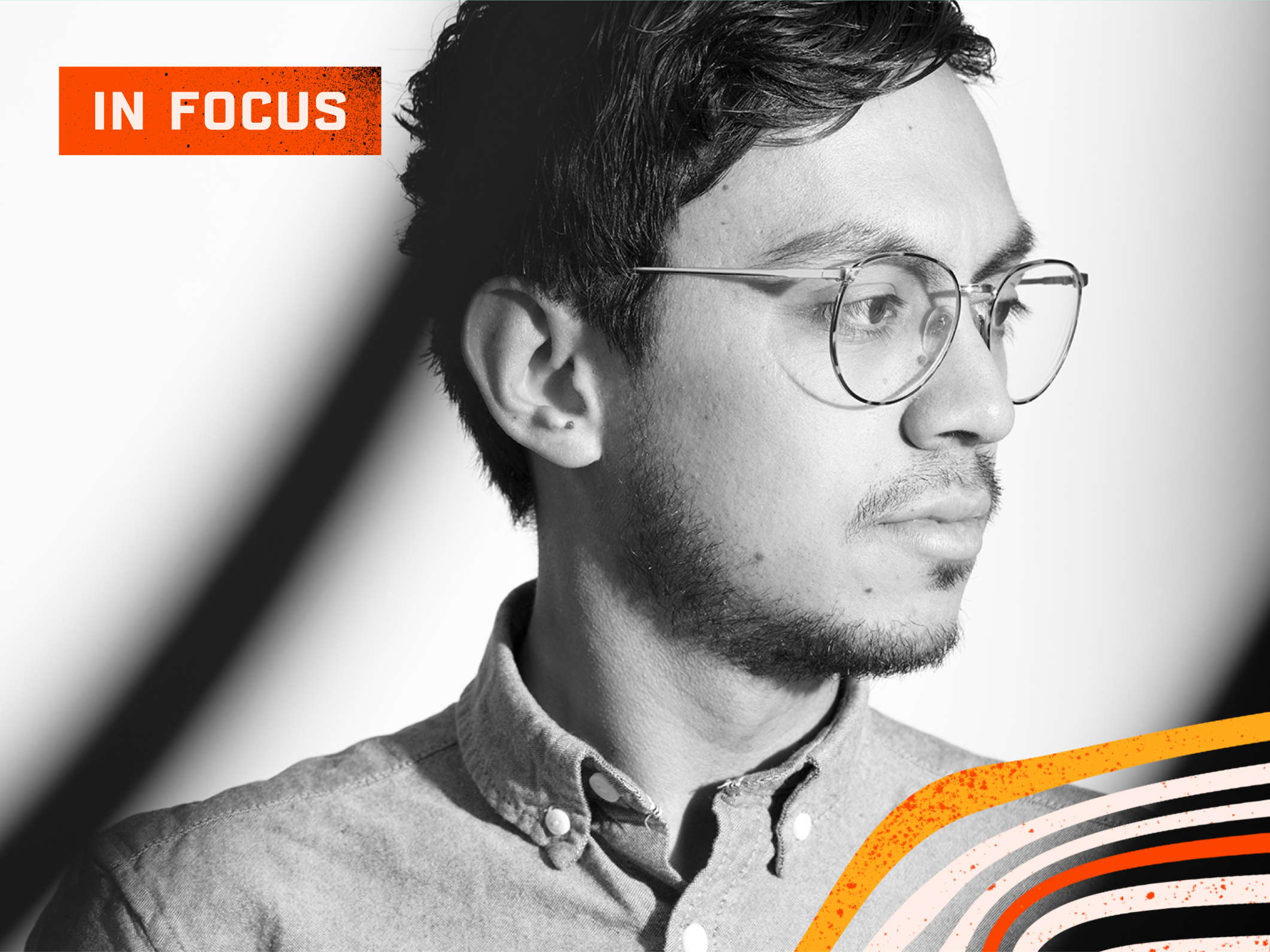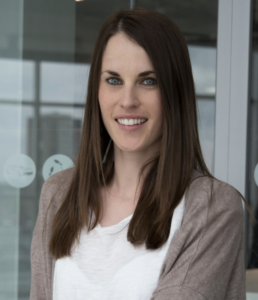
Melissa Hogenboom is a multi award-winning science journalist, film-maker and editor at the BBC where she launched and leads the documentary site BBC Reel. She is writing her first book, The Motherhood Complex – it was released in May 2021 by Piatkus, Little, Brown (Hachette). She has written hundreds of articles, made short and long-form films for broadcast and digital, and has reported for radio and TV.
What motivates the BBC to create?
In short, our audience – making great content that our audience enjoys. I think we do this by telling stories that matter, either by intriguing them to find out a fascinating new historical or scientific insight, or giving solutions that can make a real difference, say in climate change. I also think it’s important to be able to tell inspiration and informative stories that take our readers away from what can be quite a negative news cycle. Of course people come to our pages for News, which is important, but if they can stay and also see something heart-warming or learn something new, then as creators we have done our job.
How do you find inspiration for your work?
This is always a tricky question to answer because honestly, everywhere. Overhearing conversations on the train, letting your mind wonder while you run, but I think most of all from talking to people. Brainstorms with colleagues can lead to such wonderful ideas, as can speaking to experts and freelancers. Often we are so busy we find it hard to really listen, we put on headphones, we immerse ourselves in our creative projects, but when we listen with an open-mind, that’s when ideas come to us.
What are some of the challenges the BBC faced when creating content this past year? How did you overcome those challenges?
Working remotely has been taxing on everyone. It’s hard to have spontaneous creative discussions when we are all at home, but we made sure to keep in regular contact and have ideas sessions without strict agendas, which always leads to more collaborative discussions. We remotely directed films before the pandemic, working with a range of talented freelancers from around the world, so aside from the strictest lockdowns, we have actually been filming in person throughout the pandemic. We also experimented more with personal narrated mixed-media film-making ourselves, as well as working more closely with animators to bring content to life in new ways.
What is your favorite memory of creating content this past year?
For me it was working on a TV and digital documentary called A Mother’s Brain – which was a personal journey into my understanding of what it means to become a mother and how our identity changes in the process. I spent a year researching this topic for a book ‘The Motherhood Complex’, so it was such a brilliant experience to turn all that research into a visual format. I combined my personal experience with scientific expertise, and brought (and filmed) my family along the way for the journey, even speaking to my own mother about her experiences. We worked with five different film-makers in five different locations, with a director/editor and post production team in yet another location, a true collaborative and international project.
What is your secret to creating insightful, successful documentaries?
Collaboration and continually working with people with different skill sets – as we can all learn from each other. It ties into my earlier answer on listening. Also – hiring good people and giving everyone a chance to experiment with projects they can take full ownership of end to end – with guidance where needed of course. I benefited from that kind of trust early on, and it’s something I think is vital when working with creatives (but a gentle deadline always helps – because we can always keep tinkering).
What would your advice be for creatives looking to explore the boundaries of human relationships and science in their work? Are there any specific challenges that face that kind of subject matter? If so, how do you tackle these challenges?
When it comes to science, pick up the phone and speak to as many experts as you can – to find threads that make a compelling story. A challenge can be distilling the one idea into an engaging narrative because there always seems too much to include, which is when talking to others helps – a little bit of outside perspective can help us find the story that works. I think keeping an open mind can also help, we all have an idea of how a piece of content will turn out, but once we dive into a particular topic we may learn things that change the intended story and potentially make it even better.
What, if any, are your goals for the upcoming year, creative, professional, or otherwise?
Write another book! I’m (half) serious – it was such a huge undertaking that I need a break from it, but it was also something that gave me a lot of creative satisfaction. Combining that with a full time job was challenging to say the least, but I found the writing process quite mindful and more rewarding in the evenings than, say, binge-watching TV shows.
Professionally I’ve been super proud of some of the content coming out of our team – such as The Seven Sins – led by Anna Bressanin in our New York office, and Spiritual Awakening, originated by Griesham Taan. There’s too many good pieces to mention
Congratulations on winning multiple Telly Awards this year, including a Gold Telly Award for the piece “How To Hack Your Health!” What does this recognition mean to you?
Deputy Editor and series commissioner Dan John said: It was great to win a Gold Telly Award for ‘How To Hack Your Health’ because it was such a collaborative project. It brought together the editorial teams of BBC Reel and BBC Ideas to develop a series together from conception to execution where each producer brought something to the project. It also represents how we had to completely rethink our approach to the project following the Covid restrictions, forcing us to come up with a new graphics led style that would enable us to use Zoom interviews in a creative way that felt totally in keeping with the overall aesthetic of the piece. For me it shows how we all had to adapt to the changing circumstances in order to still be able to tell compelling stories in a creative way, and so it was awesome to see that get this recognition.

